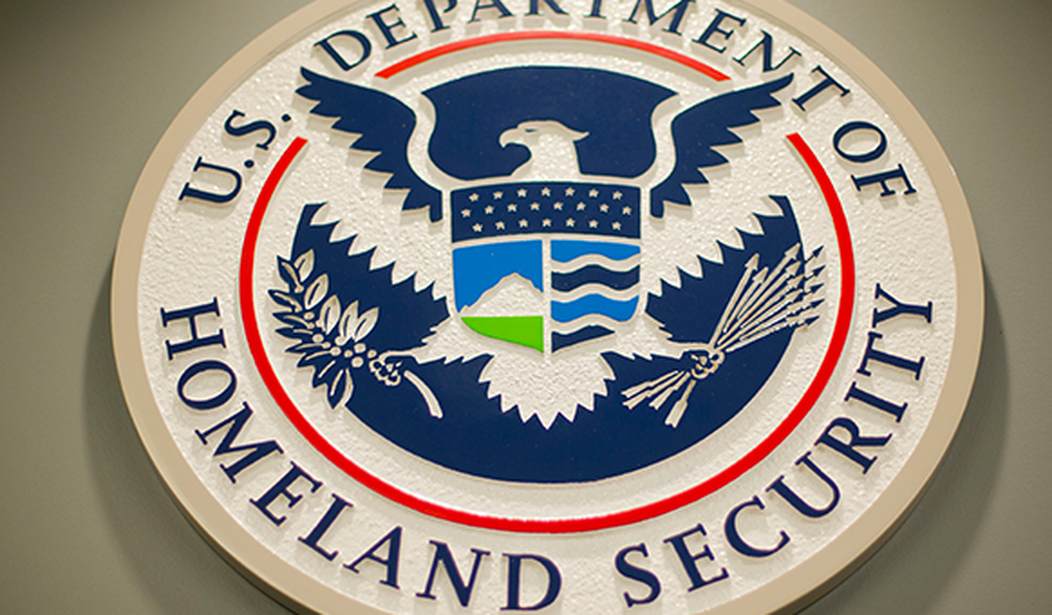WASHINGTON - This Thursday, three counterterrorism analytics experts to spoke at The Heritage Foundation to introduce a new report from the RAND think tank.
Among the three, the primary speaker was Elizabeth Neumann, the Assistant Secretary For Threat Prevention and Security Policy in the Office of Strategy, Policy and Plans.
She began her introduction by first acknowledging the anniversary of the Parkland shooting one year ago. This was heavy foreshadowing for the seminar to come, as much of what Neumann and her cohorts, Robin Simcox and Seamus Hughes, had to say was on the problem of domestic terrorism.
Neumann introduced and gave a brief summary of a new plan proposed by the Homeland Security Operational Analysis Center (HSOAC), a group run by the RAND Corporation. The report is an analysis of past terrorism events from both domestic and alien sources in order to outline a practical and effective national approach to future terroristic attacks.
One of the main changes which the RAND report noted was the introduction of social media and how it has affected terrorism since 9/11. According to the report, sites like Facebook and YouTube have allowed Islamic terrorists to spread their poisonous ideology across the globe. Videos like this have led people across the world, including from America, to join groups like ISIS.
"We need to recognize that we have a vulnerable population in our country and they are easy prey," said Neumann. She went on to say that the situation wasn't a problem for the federal or local government. It's all our problem. "How do we help the vulnerable population become more resilient?"
However, as the RAND report further shows, challenging terrorist narratives online is the most difficult part of preventing ideological violence. One of the main difficulties is how to censor such content without compromising free speech online. Neumann pointed to the tactics used in Europe, which include a fine for any company that allows extremist videos on their site for more than an hour. She says that it is imperative for private companies to cooperate with public services. This will allow us to eliminate these ideologies without government invasion of free speech.
Recommended
"The federal government is not the one to address the health and welfare of the individual," Neumann elaborated. "That responsibility is given for the states to manage, but we can work with the states to identify practices through research and provide grants for supporting new programs. And training and equipping those on the front lines with the latest knowledge of the tactics of the enemy."
One of the more disturbing revelations from the report is a new phenomenon where individuals are disappointed with the level of violence offered in their extremist groups. Rather than using violence to further an ideology, Neumann says that the "violence has become the ideology for some people." To illustrate this point, she gave an example. An American man, frustrated that the extremist group he was a part of wasn't violent enough, converted to Islam and joined ISIS to indulge his lust for blood.
However, the panel didn't just focus on Islamic terrorism, saying that preventing homeland violence of all kinds is their top priority. School safety and local extremist groups are on the radar of the DHS, even if they are not put in as much of a spotlight as terrorism from the Middle East. Neumann says she's spoken with lawyers and local law enforcement and that, rather than terrorism, which is hardly an everyday occurrence, "it's the violence that they're more concerned about."
The issue with fighting this violence, however, is once again a battle of ideologies. Stopping the birth of the next Parkland shooter is incredibly difficult without taking control of internet content.
Near the close of the seminar, one of the panelists quoted US General Michael Nagata as to what he thought was the fundamental key to terrorism prevention: never be "too risk averse." The process of finding effective counterterrorist methods is one of trial and error and if we're going to find good prevention methods, then we can't be afraid to screw up.

























Join the conversation as a VIP Member